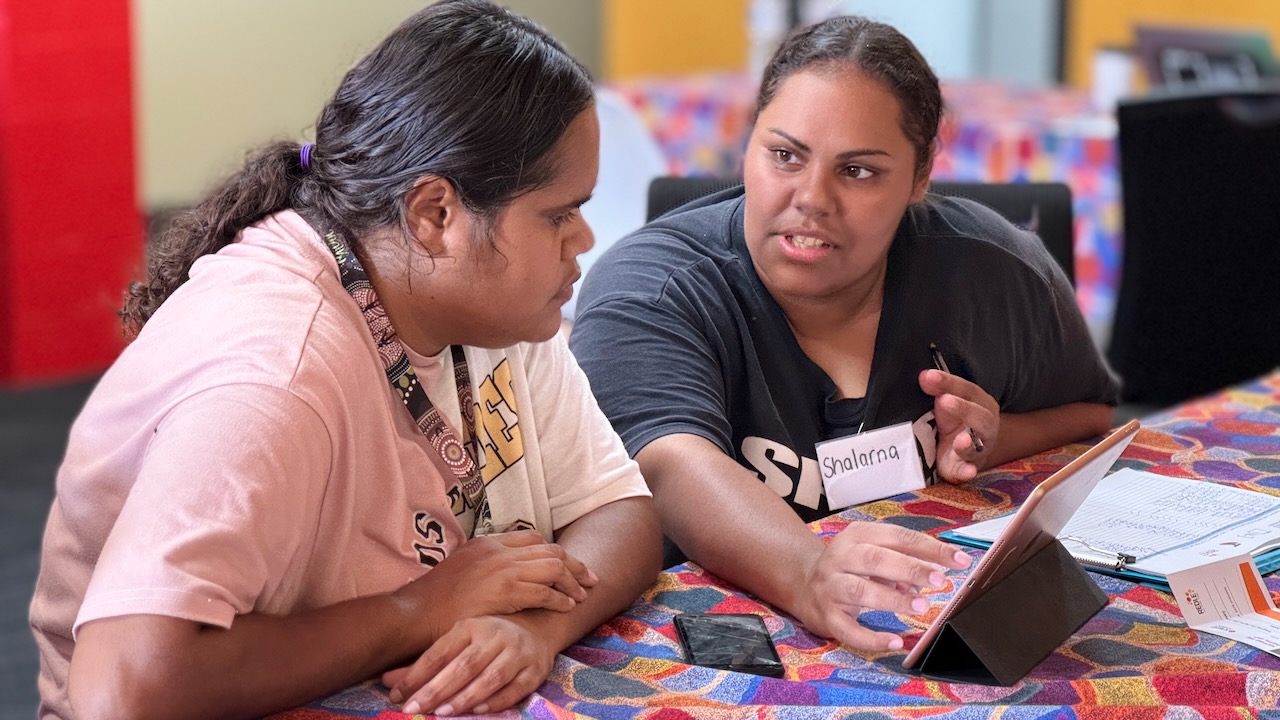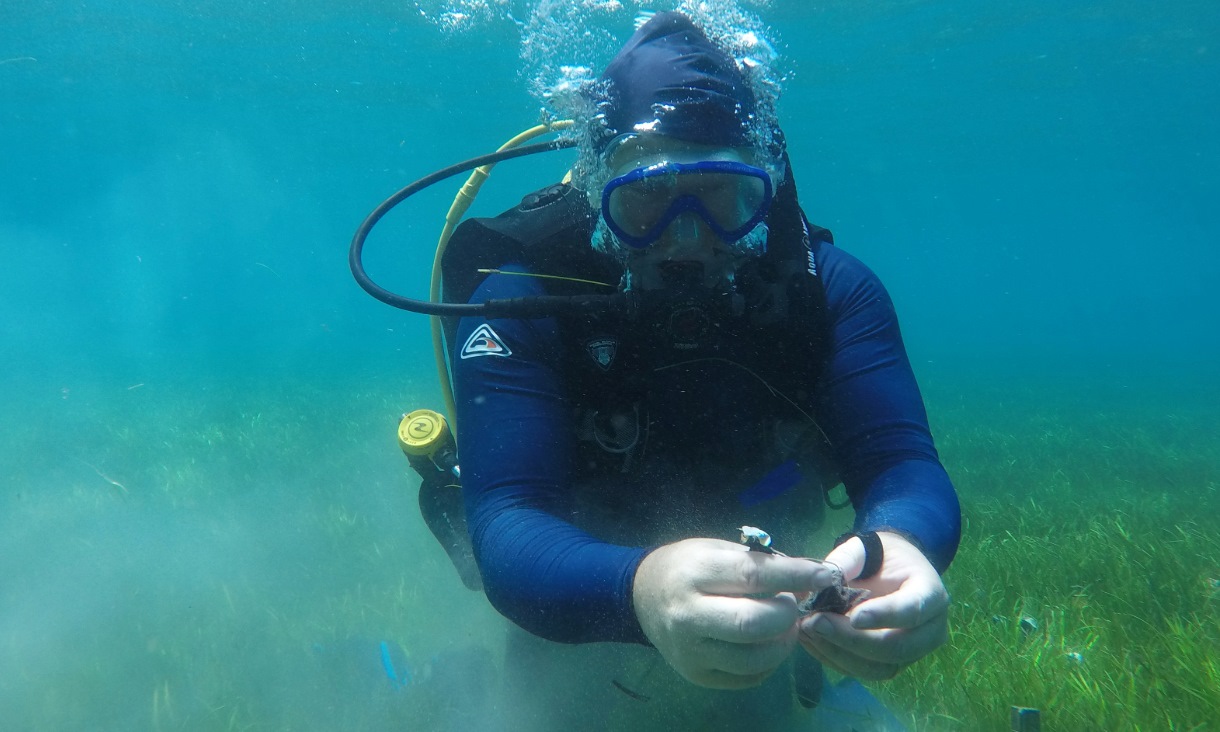EIT Urban Mobility’s Gautam Rao, who heads up the EIT Urban Mobility Academy, said the courses are an accessible way for busy professionals to build critical capability for innovation and transformation.
“Designed for city officials and urban planning professionals, including designers and developers, this new suite of online courses will be of interest to people looking to make cities more liveable, healthy and sustainable,” he said.
“The model and open platform of learning enables people to share, and be inspired, by ideas and experiences from urban professionals in cities around the world.”
“We’re proud to have partnered with RMIT Europe for the delivery of these courses,” Rao said.
The new suite of courses are grounded in the expertise of RMIT educators from the Centre for Urban Research, Healthy Liveable Cities Lab and the Australian Urban Observatory including Associate Professor Melanie Davern, Associate Professor Andrew Butt, Professor Sarah Bekessy, Dr Holly Kirk, Professor Ralph Horne and Lisa de Kleyn.
New courses on making cities more healthy, attractive and sustainable
Bringing Urban Nature Into the Cities of Tomorrow (4 hours, 2 weeks) shows how urban nature can be leveraged to overcome challenges facing cities today, including extreme weather, food security, and the social impact that these issues bring.
Creating Ethical and Sustainable Cities at the Local Level (4 hours, 2 weeks) focuses on how to create ethical, sustainable, inclusive, and well-governed cities through the local implementation of frameworks such as the European Green Deal, New European Bauhaus and the Sustainable Development Goals (SDGs).
City Liveability: The Intersections of Location, Mobility, and Health (4 hours, 2 weeks) covers how urban interventions for active mobility can achieve healthier and more sustainable cities, such as walking paths and cycling trails as well as public transport that links us to our local community services, open public spaces, centres of employment, education, commerce, and affordable and diverse housing.
Urban Mobility for Liveability (10 hours, 5 weeks) is a deeper dive into the the key elements of mobility-driven transformations that help promote citizen health and wellbeing, as well as improving city sustainability and liveability.
Story: Karen Matthews



.jpg)

